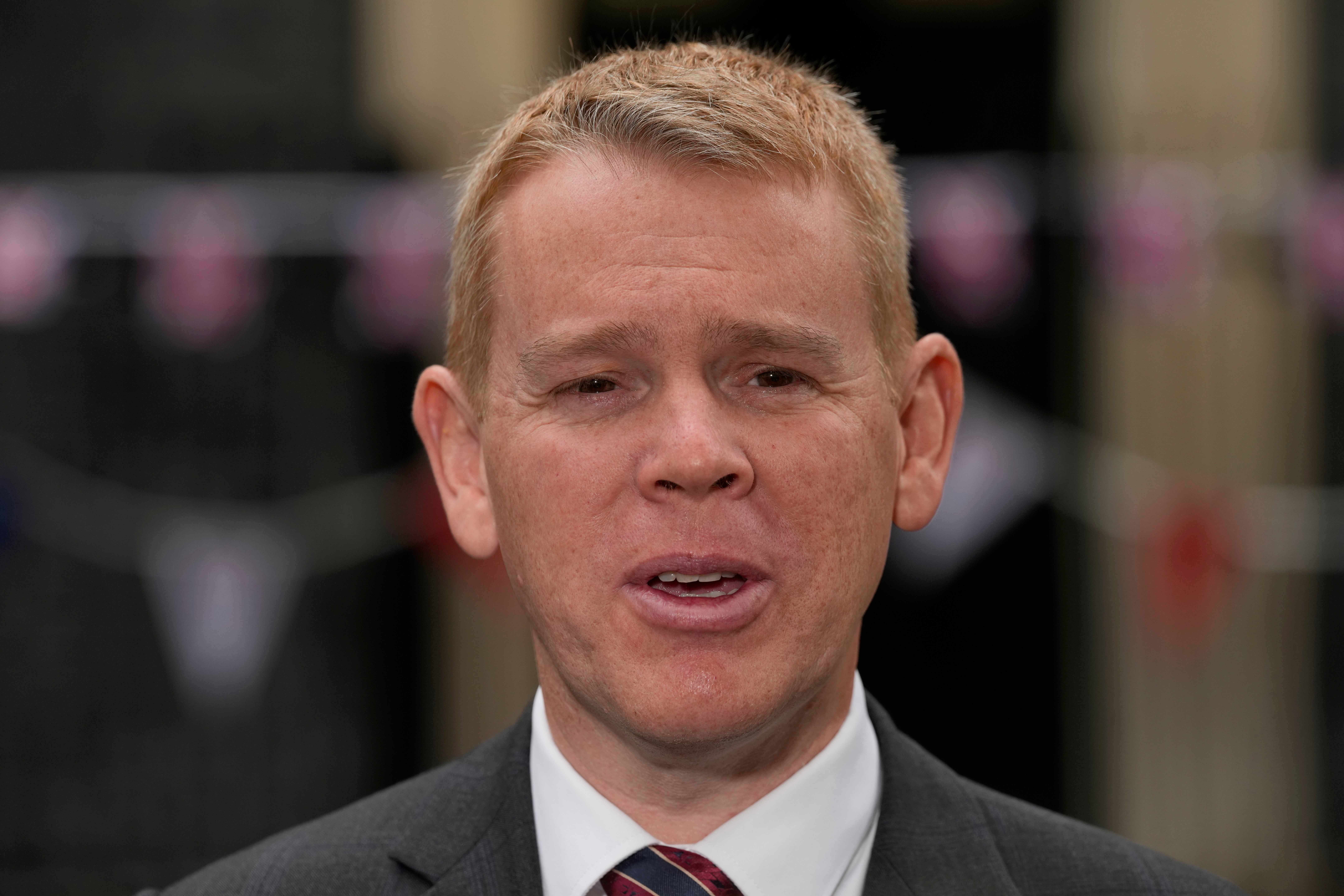New Zealand, whose pandemic response was closely watched, removes last of COVID-19 restrictions
New Zealand has removed the last of its remaining COVID-19 restrictions, marking the end of a government response to the pandemic that was watched closely around the world

Your support helps us to tell the story
From reproductive rights to climate change to Big Tech, The Independent is on the ground when the story is developing. Whether it's investigating the financials of Elon Musk's pro-Trump PAC or producing our latest documentary, 'The A Word', which shines a light on the American women fighting for reproductive rights, we know how important it is to parse out the facts from the messaging.
At such a critical moment in US history, we need reporters on the ground. Your donation allows us to keep sending journalists to speak to both sides of the story.
The Independent is trusted by Americans across the entire political spectrum. And unlike many other quality news outlets, we choose not to lock Americans out of our reporting and analysis with paywalls. We believe quality journalism should be available to everyone, paid for by those who can afford it.
Your support makes all the difference.New Zealand on Monday removed the last of its remaining COVID-19 restrictions, marking the end of a government response to the pandemic that was watched closely around the world.
Prime Minister Chris Hipkins said the requirement to wear masks in hospitals and other healthcare facilities would end at midnight, as would a requirement for people who caught the virus to isolate themselves for seven days.
New Zealand was initially praised internationally for eliminating the virus entirely after imposing nationwide lockdowns and strict border controls.
But as the pandemic wore on and more infectious variants took hold, the nation's zero-tolerance approach became untenable. It eventually abandoned its elimination strategy.
Reflecting on the government's response to the virus over more than three years, Hipkins said that during the height of the pandemic he had longed for the day he could end all restrictions, but now it felt anticlimactic.
He said about 3,250 New Zealanders from a population of 5 million had died with COVID-19 as a primary or secondary cause — about one-fifth of the mortality rate in the United States.
“While there were no doubt fractures in our collective sense of unity, I believe that New Zealanders can be enormously proud of what we achieved together,” Hipkins said. “We stayed home, we made sacrifices, we got vaccinated, and there is absolutely no question, we saved lives.”
Health Minister Ayesha Verrall said coronavirus case numbers and hospitalizations were low and had been trending down since June, and the publicly funded health system had faced less disruption from the virus this southern winter.
“We have been able to complete 16,000 more operations than we did last year, and so that is a very good indication our health system is on a much more even keel than it was,” she said.
The announcement comes two months before a general election.
David Seymour, the leader of the opposition ACT Party, said the government had been treating people like children for too long.
“They have been happy to impose high costs with little benefit and have taken their sweet time getting around to fixing it,” Seymour said in a statement.